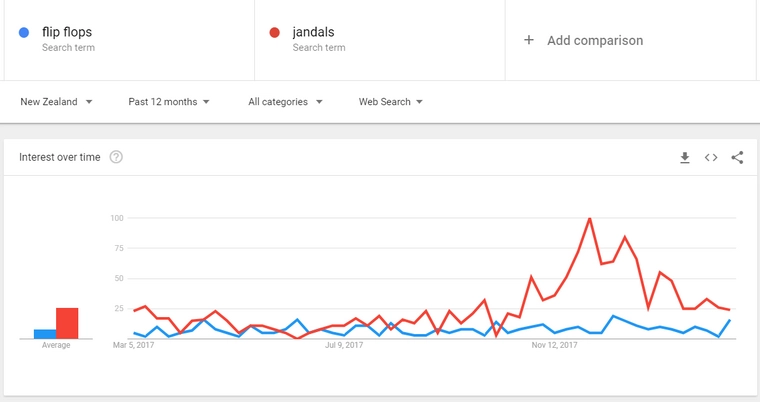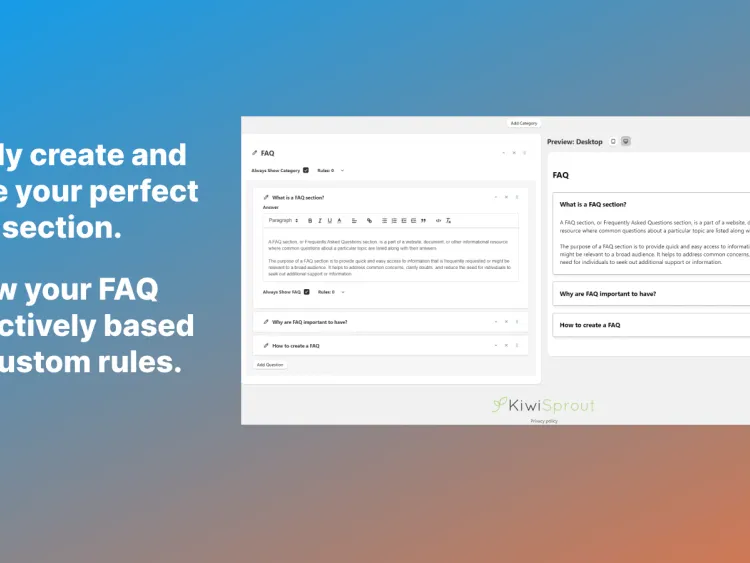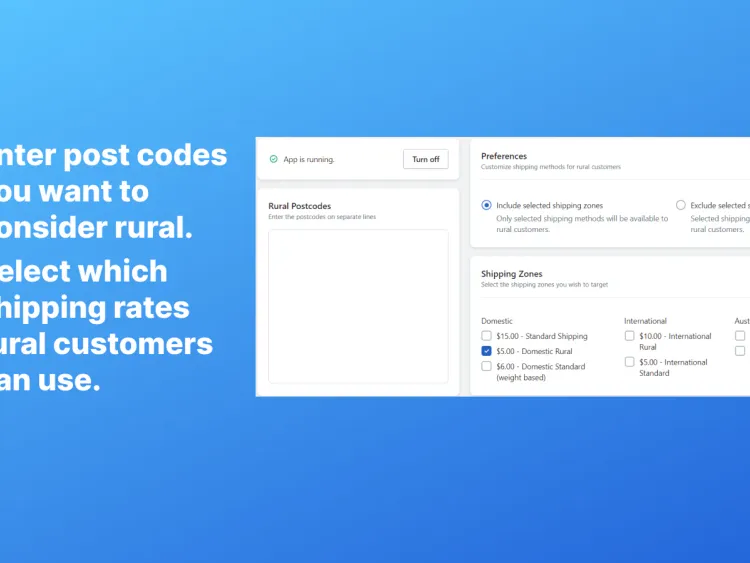
Why Your Keywords are Missing the Mark (And How You Can Fix Them)
Behind every good Search Engine Optimisation (SEO) campaign is an even better keyword strategy.
When done correctly, choosing the right keywords brings targeted traffic to your website that you know will convert and gives you a strong foothold in your industry’s digital space.
When not done correctly, your entire SEO campaign can fall flat. If you don’t choose the right keywords these problems may end up sounding familiar:
- No one can find your website and you get no traffic.
- The people that do visit your website aren’t your ideal target audience.
- You don’t see yourself at the top of any search terms that matter to you.
If any of those applied, read on to learn why your keywords are missing the mark.
Not enough people are searching for your keywords
Your keywords may sound perfect for your business, but how many people are searching for them? Is it enough to justify the effort to rank well for it?
You can check how many people are searching for a keyword monthly using Google’s Keyword Planner tool (which is free). For example if I test “SEO Services”, it tells me 10k-100k people search it a month globally.

Think about what percentage of website visitors will do what you want them to on average (subscribe, buy something, etc.) and figure out how many conversions you’ll get from your search terms to weigh up if the keyword is worth it.
Your keywords are too competitive
You’ve found the perfect keyword for your business that gets a lot of people searching it a month, but how many of your competitors are also using it? Your keyword choice might be great, but that can be devalued by your ability to be #1 for that search term.
Even on page 2 you’re looking at about 0.5% or less of the traffic for that keyword to end up on your website.
While in an ideal world you can beat out any competitor for any keyword you like, in practice that’s not often true and making that a reality is a massive time or money commitment for anyone.
Instead, go for keywords that still get a good level of traffic that everyone isn’t scrambling to be top dog for.
Your keywords are too generic or specific
If you choose a keyword that’s too generic, plenty of people will be searching it but you’ll be having a hard time being #1 for your keywords and even if you manage that you’ll find the traffic coming from it are too varied in what they want.
Typically if a keyword is vague, such as “shoes”, it’s too generic of a keyword. Another way to tell is looking at the search results of the keyword and seeing how wildly they differ.
On the other end of the scale, if you choose a keyword that’s too specific not enough people are going to be searching it. While a long tail keyword like “where to find web design” is probably fine, something like “where to find web design in Hamilton for real estate agents” is way too specific.
Sure, you may read that and think if someone were to search that you’d be the perfect fit, but it’s a balance between the percentage of people that will ideally convert and the quantity of people that will come from a search term. After all, 1 visit a month with a 100% conversion rate will net a lot less sales than 1000 visits a month with a 2% conversion rate.
You’re not using the right semantic keyword
Have you considered that for what you’re meaning, the word you’re using isn’t the best choice?
For example, everywhere else in the world “flip flops” would net more searches than “jandals”, but in New Zealand “jandals” is actually the clear winner.
You can compare which search terms get the best level of interest by checking Google Trends (another free tool).

Try putting in all the different versions of a keyword that have the same meaning and see if you’re using the best choice of keywords.
You didn’t consider your target audience
You chose the perfect keyword for traffic and people are steadily flowing into your website, but are they doing anything?
If you find that your website visitors aren’t converting, or even worse, leaving after the first page, you need ask yourself if you’re actually hitting your target audience.
A keyword with great traffic won’t mean anything if no one coming from it is your ideal customer.
Ask yourself, what does your target audience typically search to find websites like yours, does it match the keywords you’re focusing on?
Tell-tales that you aren’t reaching the right audience for your website includes no one converting, visitors are poorly engaged and a high bounce rate (percentage of people that leave after visiting the first page).


